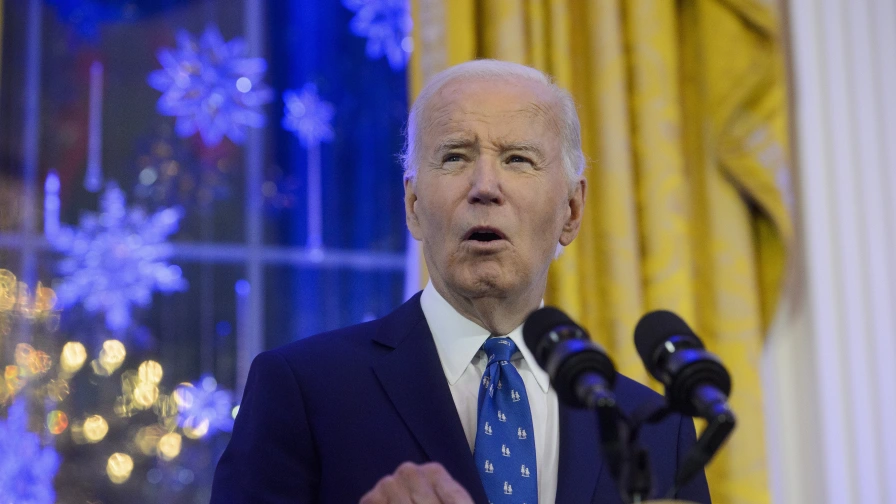
The Biden administration has launched an investigation into Chinese semiconductor imports. This could lead to the reinstatement of tariffs similar to those seen during the Trump era. The probe aims to address growing concerns over China’s dominance in the global tech market, especially in semiconductor manufacturing. If this investigation concludes that China’s practices harm U.S. interests, it might result in the imposition of new tariffs.
Why Is the Biden Administration Investigating Chinese Chips?
Semiconductors are crucial for modern technology, from smartphones to military devices. The U.S. has expressed concerns about its heavy reliance on Chinese chips, which may pose risks to national security. China’s growing influence in the semiconductor sector has raised alarms. The Biden administration’s decision to investigate is part of a broader effort to protect American industries and reduce dependence on foreign sources for essential tech components.
Tariffs: A Tool from the Trump Era
The Trump administration imposed tariffs on Chinese goods, including semiconductors, to counter China’s economic rise. These tariffs were part of a broader strategy to address issues like intellectual property theft and unfair trade practices. Now, the Biden team is revisiting these concerns. If the current investigation uncovers serious trade violations, it could result in the reimposition of tariffs, effectively continuing Trump-era policies.
The Potential Impact on U.S.-China Relations
This investigation could worsen U.S.-China trade relations, which are already tense. If tariffs are imposed, the trade war between the two countries could escalate. Such an outcome would likely disrupt global chip markets, affecting businesses and consumers alike. Companies in the U.S. may face higher costs for semiconductors, while global supply chains could experience delays and shortages.
Global Implications of the Investigation
Other countries, particularly in the semiconductor industry, are closely watching this investigation. Nations like Taiwan, South Korea, and Japan are key players in chip manufacturing. They may find themselves caught in the middle of a U.S.-China trade dispute. If new tariffs are implemented, these countries could see changes in their own trade dynamics with both the U.S. and China.
What’s Next for U.S.-China Trade Policy?
As the investigation into Chinese semiconductor imports unfolds, it is unclear whether new tariffs will be imposed. However, this probe highlights the ongoing competition between the U.S. and China in the tech sector. Whether the U.S. reintroduces tariffs or not, the investigation signals that trade policies will continue to evolve as both countries vie for control over global tech markets.

